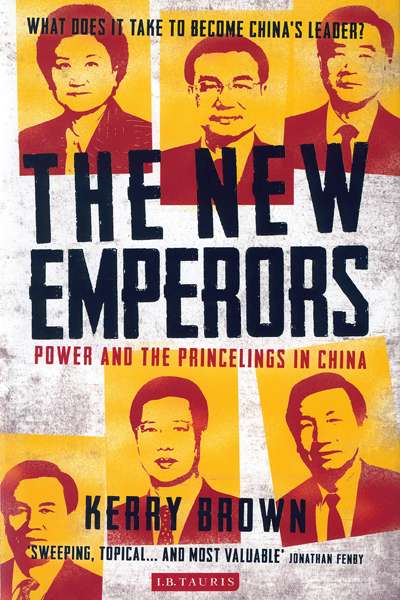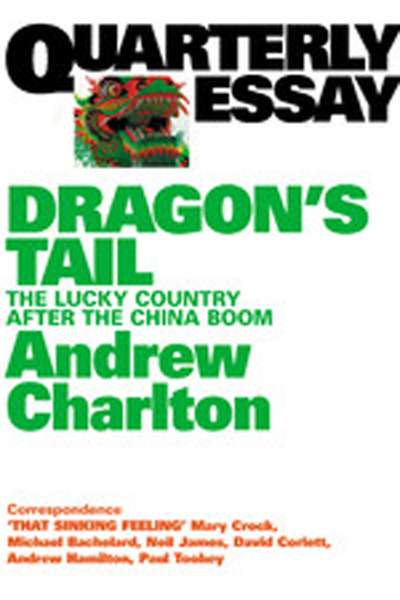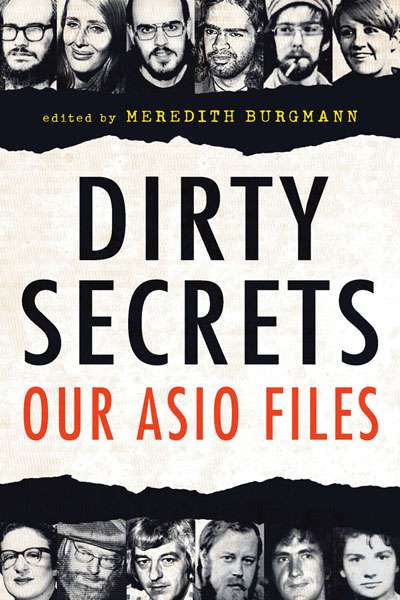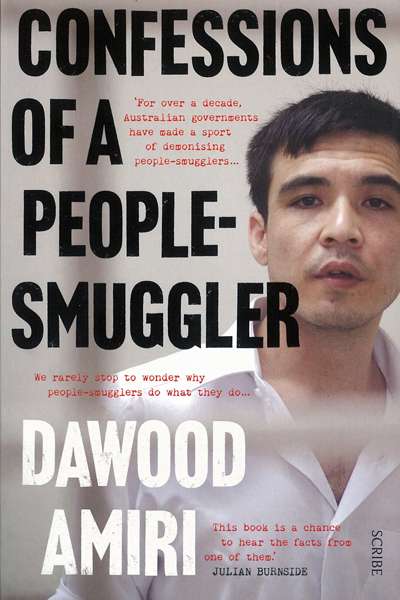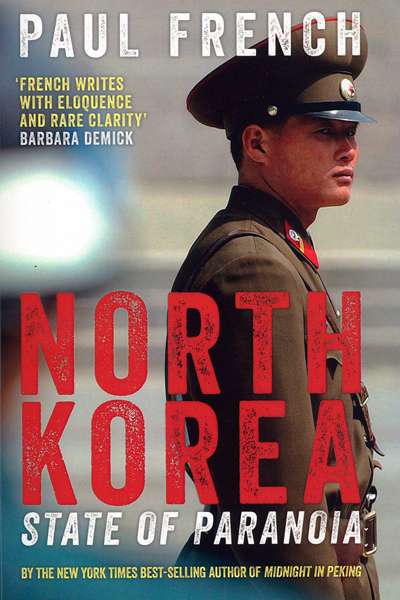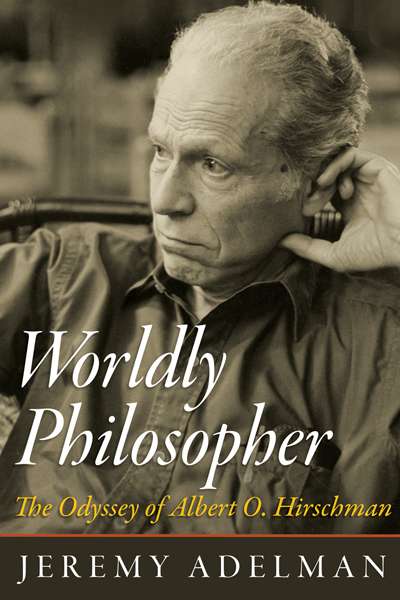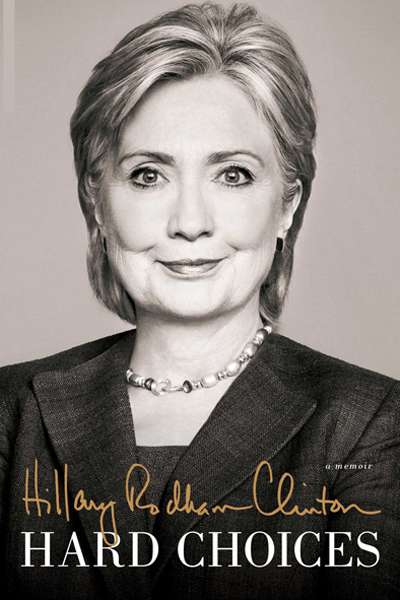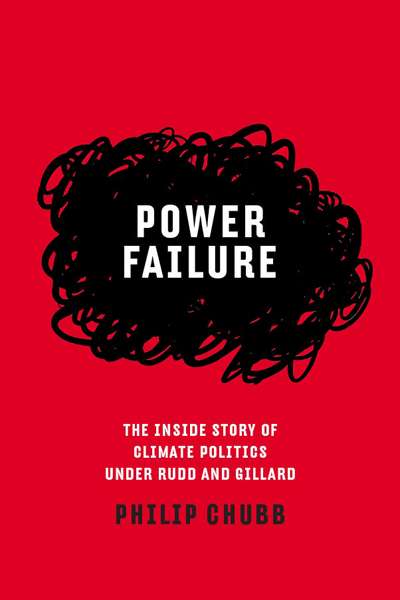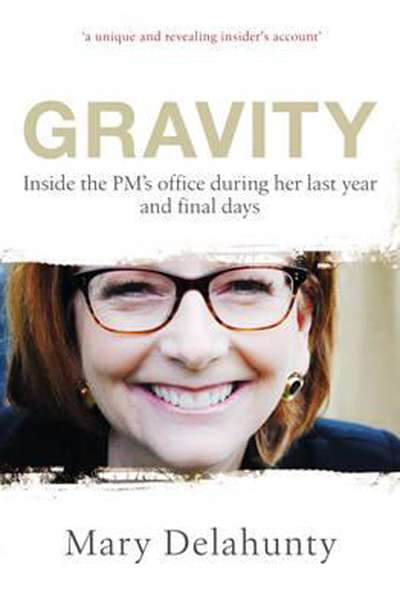Politics
The New Emperors: Power and the princelings in china by Kerry Brown
For countries, and none so important to Australia, have a political system as opaque as that of China. This is deliberate; since the turmoil of the Cultural Revolution, the Communist Party of China (CPC) has striven to make turnovers in its leadership as bland as possible. But the elevation of the country’s current ‘Fifth Generation’ Leadership was actually full of drama. The New Emperors, written by Kerry Brown, director of the China Studies Centre at the University of Sydney, tells us why.
... (read more)Dragon’s Tail: The Lucky Country after the China boom (Quarterly Essay 54) by Andrew Charlton
I dealt with China for most of the ten years I worked for the British Foreign Office from 1998. The one conclusion I drew from my experience over those years was that it didn’t take much to stumble into complexity. Britain and China have a vast historic hinterland. In 1839, British forces inflicted the first Opium War on China, and British politicians enforced the unequal treaties which ushered in what some Chinese call to this day ‘the century of humiliation’. In the hundred years that followed, Britain continued meddling and became involved in issues from Tibet to Hong Kong, building up a fund of resentment on the Chinese side that continues to pay back returns to the current day.
... (read more)The German film The Lives of Others (2006) ends with a coda, set after the fall of the Berlin Wall, in which protagonist Georg Dreyman is finally allowed access to the volumes of secret files collected on him by the Stasi. Apart from the sheer number, what strikes Georg most is the utter banality of the information contained within. It is a familiar reaction among the contributors to Dirty Secrets, a collection of essays from prominent Australians on the receipt of their ASIO files.
Meredith Burgmann, who has edited these essays, is refreshingly honest as to her aims. ‘I wanted to look at the effect of spying on those who have been its targets,’ she says in her introduction. Delightedly she adds, ‘We are finally writing about them instead of them writing about us.’ The lingering outrage underpinning the book rarely subsides.
... (read more)Confessions of a People-Smuggler by Dawood Amiri & The Undesirables by Mark Isaacs
After an explosion that killed five asylum seekers and injured dozens more on a boat moored at Ashmore Reef in 2009, Prime Minister Kevin Rudd described people smugglers as ‘the absolute scum of the earth’ and ‘the vilest form of human life’. Further tragedies at sea during the ‘fifth wave’ of boat arrivals to Australia provoked similar outbursts from politicians across the political spectrum.
... (read more)North Korea always gets media attention for negative reasons: a border skirmish with its southern neighbour; a missile trial launch or nuclear test; vitriolic propaganda attacks on South Korea, Japan, or the United States; or the appalling findings of some human rights group like Michael Kirby’s recent UN Commission of Inquiry on North Korea’s human rights abuses. The picture that emerges is one of unrelenting misery within North Korea and unreasoned aggressiveness towards its enemies – a dangerous and unpredictable country which, if it cannot be reformed, is best either shunned or guarded against.
... (read more)The guard with the Kalashnikov singles me out from the other passengers on the border to Ukraine. I am leaving the frozen state of Transnistria. He leads me to a small interrogation room. Four more border patrol guards and a translator are in the room. The men fossick through my bags and ask questions. ‘Are you carrying drugs or weapons?’ ‘Do you deal drugs or weapons?’ ‘Are you aware that you are entering a country that is at war?’
... (read more)Worldly Philosopher by Jeremy Adelman & The Essential Hirschman edited by Jeremy Adelman
Albert O. Hirschman (1915–2012) was a development economist and political theorist whose work is essential reading for anyone interested in understanding how economic life figures in the political worlds we inhabit and the ways in which we give meaning to our lives in market-based societies. Perhaps best known for the distinction between ‘exit’ and ‘voice’, Hirschman was a prolific theorist who wrote about the role individual moral virtue and individual self-interest should play in economic activity, how economic growth in the developing world might best be achieved, and the reactionary rhetoric of neo-conservative politicians in the late 1980s, to list but some of the areas he covered. Hirschman’s writing was elegant; further, he understood the importance of the well-chosen word. He was, as this new biography by Jeremy Adelman shows, an economist for whom the essays of Montaigne were as important as the writings of Ricardo and Smith.
... (read more)Hard Choices by Hillary Rodham Clinton & HRC by Jonathan Allen and Amie Parnes
It takes a village to run the world, and Hillary knows how to do it. These are the main lessons from Hillary Clinton’s new memoir, Hard Choices. The book traces the finality of her presidential campaign bid in 2008 and her four years as secretary of state. Her analysis of this period provides insights into ...
... (read more)Power Failure: The inside story of climate politics under Rudd and Gillard by Philip Chubb
Speaking about the process of painstakingly researching the ‘terrible mistakes’ made on climate policy by the Rudd and Gillard governments over the six years of their existence, Philip Chubb told an audience at the Wheeler Centre that he ‘almost exhausted [himself] with gloom’. Indeed, this important book, which covers the Icarian trajectory of climate policy through Labor’s years in power, is hardly cheerful. Rather, Chubb hopes that the documentation and analysis of the many poor decisions will help legislators to overcome the challenges of implementing significant but controversial reforms in the future.
... (read more)Gravity by Mary Delahunty & Rudd, Gillard and Beyond by Troy Bramston
Gough Whitlam may not have been one of the Australian Labor Party’s greatest prime ministers, but, since his defenestration by Governor-General John Kerr in 1975, he has been embraced as one of the ALP’s great martyrs. Kerr’s dismissal of the Whitlam Government galvanised the Labor movement. To Labor eyes, Kerr was Pontius Pilate and Whitlam the slain Messiah. New followers – many of them, like Whitlam, university-educated progressives – joined the ALP. New ideas were aired through policy think-tanks such as the Labor Resource Centre, headed by Jenny Macklin, a future federal deputy leader. Out of that angst and rage, a new ALP was forged. Labor was no longer a troglodyte party ruled by factional warlords and sectarian hatreds. It was a modern progressive movement hell-bent on winning and wielding power. After all, as Whitlam famously said to an ALP State Conference in Melbourne in 1967, ‘Only the impotent are pure.’
... (read more)

